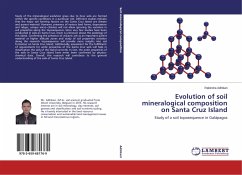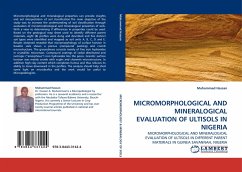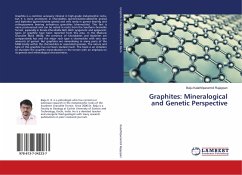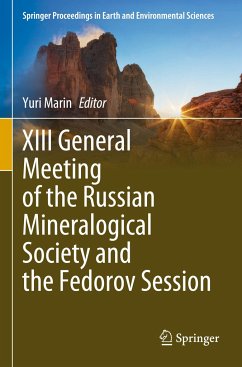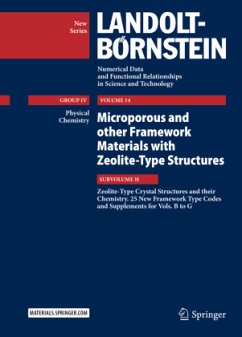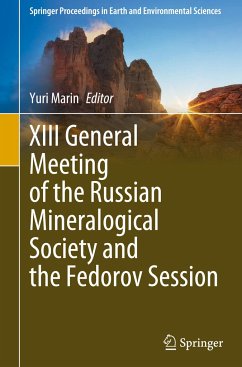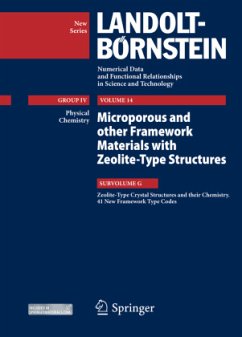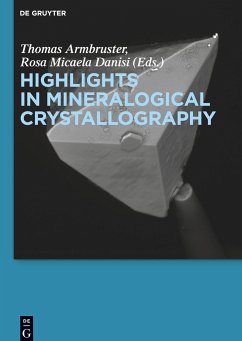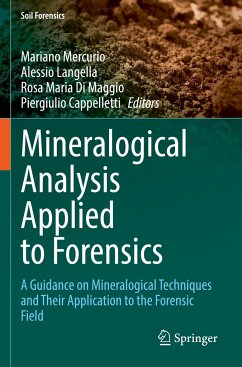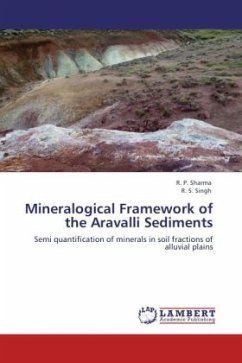
Mineralogical Framework of the Aravalli Sediments
Semi quantification of minerals in soil fractions of alluvial plains
Versandkostenfrei!
Versandfertig in 6-10 Tagen
52,99 €
inkl. MwSt.

PAYBACK Punkte
26 °P sammeln!
None of the clay minerals was found to be dominating in either silt or clay fractions. Both the fractions showed the presence of mixture of minerals namely mica, smectite, kaolinite and vermiculite. The presence of smectite and vermiculite amidst ubiquitous presence of mica indicates that mica might have weathered to give rise to smectite and vermiculite. In view of incipient development of soils in the Aravali sediments and also the similar kind of minerals throughout the profiles was suggested that the minerals present were not formed during the post deposition period of the soil formation. ...
None of the clay minerals was found to be dominating in either silt or clay fractions. Both the fractions showed the presence of mixture of minerals namely mica, smectite, kaolinite and vermiculite. The presence of smectite and vermiculite amidst ubiquitous presence of mica indicates that mica might have weathered to give rise to smectite and vermiculite. In view of incipient development of soils in the Aravali sediments and also the similar kind of minerals throughout the profiles was suggested that the minerals present were not formed during the post deposition period of the soil formation. They appear to be inherited from the parent materials. The transformation of mica might have occurred at the source area of alluvium or during their transportation by water. Despite the soils were loamy sand or sandy loams textured but due to their enrichment in mica, smectite and vermiculite, they are beneficial in retaining moisture and nutrients during crop cultivation



